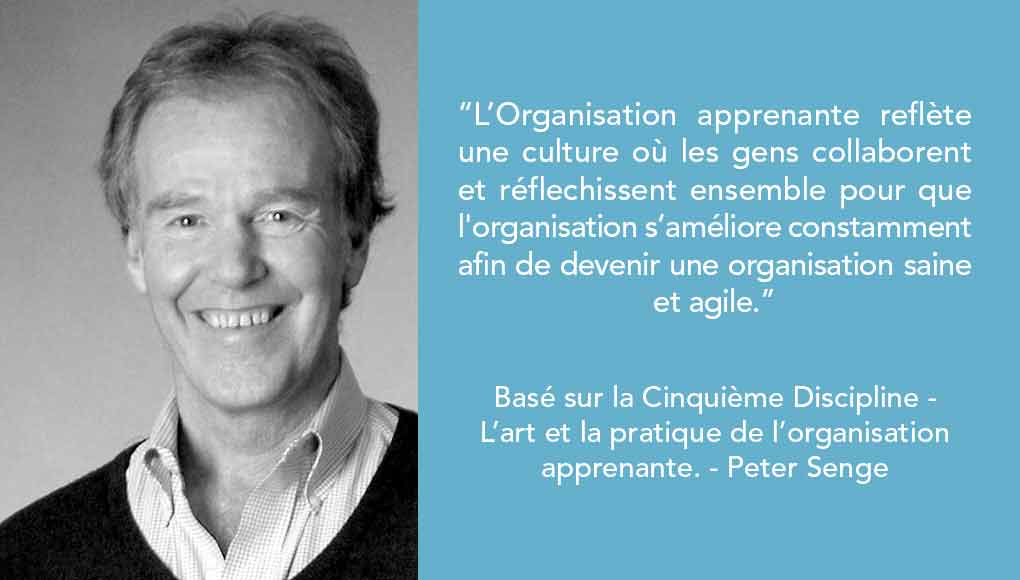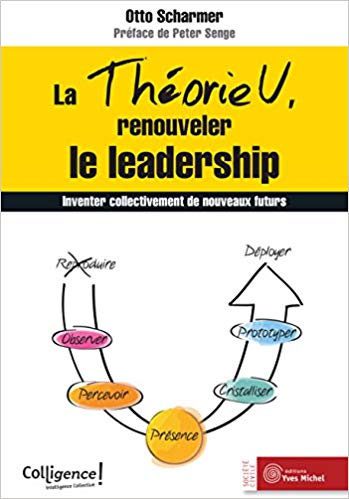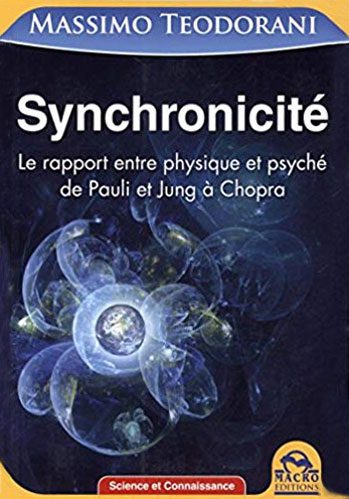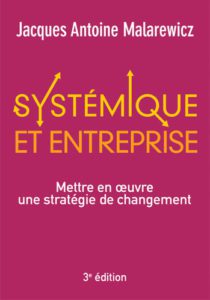Why
BE CHANGE LIVE ?
BE because the essential thing is not to do or to have but to be.
- At the individual level: it is being connected to who we are.
- At the collective level: it means accessing the potential of the organisation, through the fact that its members find their place by being who they are as a whole, their intellect, their emotions and feelings, their intuitions (corresponds to the idea of wholeness according to Frédéric Laloux).
CHANGE because the only thing that does not change is change, we are on our path of individuation, in constant evolution.
- At the individual and collective level: it is about being attentive to the emerging future which comes into view thanks to the steps which we are taking
LIVE because it is a question of living fully with who we are deeply and this interiority shines on our surroundings.
- At the individual level: By embodying what we carry (ideas, values, beliefs), we interact with our environment in a coherent and therefore anchored way.
- At the collective level: The organisation promotes autonomy and accountability through respect and trust. As a result, each finding their place in the organisation, it generates self-motivation, which generates commitment.
Bénédicte
COSTEDOAT-LAMARQUE
My core business: the systemic support of collective and individual transformations, in depth.
After 22 years spent in a major aerospace group, in operational management and international coordination positions in the fields of Quality, Lean, Strategy & Innovation and HR, notably with the position of “Head of Change Management” of the space entity, I now contribute more broadly to the transformation of organisations, by supporting and disseminating collaborative and empowering practices.
Learning Organisations are at the heart of my experience and my coaching practice, having set up a management mode that frees up / empowers my own team, and having accompanied a group of peers in this process.
As an Executive Coach of Organisations, I bring a systemic perspective and practice, during which I strive to make the invisible visible (homeostasis behaviours, psychologic games, stakes…) and make the implicit explicit, especially by uncovering blindspots. Nourished by the paradigm shift brought about by quantum physics, particularly on the emerging future, I accompany collective transformations in a mode of co-creation, which favours the ownership of the approach. Theory U, the paradoxical systemic approach, synchronicity and other innovative practices are at the heart of the experience I propose.
I am supervised (systemic) and adhere to the EMCC code of ethics, of which I am a member.
- HEC speaker and certification jury member of the “HEC Executive Coaching of organisations”.
- Member of the Board of Directors of the European Circle of Professional Coaches of Organisations (CECORP).
- Member of the Society for Organisational Learning (SOL France).
Certified HEC Executive Coach ofOrganisations and HEC Executive Coach
Trained in Theory U and tools of collective intelligence
Certified in Team and Individual Coaching with Process Communication (Kahler Communication)
Trained in Systemic Constellations of Organisation (C. Motto
Trained in the Systemic Approach and Systemic Mediation (JA Malarewicz)
Trained at the Organisational Theory of Berne (F. Vergonjeanne)
Trained in the Supervision of organisational coaches (Michel Moral, Florence Lamy)
Certified EADS Lean Six Sigma (Black Belt)
Inspirations
Peter Senge, author of the seminal work on Learning Organisations, The Fifth Discipline, founded the Society for Organisational Learning (SOL), which now stretches across the world.
It identifies the five key disciplines that a leader can implement to transform his or her organisation into alearning organisation:
Systemic vision, personal mastery, mental models, teamwork learning, and the discipline that encompasses all others, systemic thinking.


Get inspired by the interview of Otto Scharmer, who co-created the Theory U: “Leadership is the capacity of a system to sense and shape the future. Theory U builds collective leadership capacity.“.
Long term thinking is not what pays off in companies today. That’s maybe why the changemakers, even more if they are insiders, may experience setbacks… Change, evolution, adaptation, whatever shape it takes, require long term andsystemic thinking. We need to access the intelligence of our head, heart and hands to lead the future as it emerges!
Frédéric Laloux, author of the bestseller Reinventing Organisations, offers modelling of different types of companies. Based on interviews and research over several years, he shares models of the most successful and innovative organisations.
In line with learning organisations and empowering management practices, he describes what a network-based organisation is, rather than an exclusively hierarchical one, and how it takes into account everyone in its wholeness.

The phenomenon of “synchronicity” has long been studied, especially by quantum physicists. This research has its roots in a lasting and harmonious alliance between analytic psychologist Carl Gustav Jung and quantum physicist Wolfgang Pauli (the Nobel laureate).
Current research suggests that everything seems to move smoothly in the natural world, but that harmony is sometimes suddenly broken by symbolic events loaded with meaning that remind us that we are not just matter beings and that the principle of the universe lies in a universal consciousness that Jung had already discovered and talked about in the form of the collective unconscious, the origin of all synchronicities.
A book for all those who are passionate about physics and psychology, all those who are fascinated by phenomena that bind mind and reality. Those who are attentive and sensitive to the interconnections between the different disciplines of knowledge and who face the world with the spirit of a researcher and a discoverer.
David Bohm, physicien quantique et collègue d’Albert Einstein, pose l’existence d’un ordre impliqué ou implicite, que l’on pourrait dire équivalent à l’inconscient collectif de Carl Gustav Jung, au sein duquel tout est imbriqué. Nous sommes tous imbriqués avec tout ce qui nous entoure, même si ce n’est pas visible par nous. L’ordre explicite, la réalité que nous voyons, nous donne quant à elle l’impression que tout est séparé.Cette approche est passionnante dans ses implications lors d’un coaching systémique, notamment en ce qui concerne les reflets systémiques observables dans une organisation, ou dans les différents environnements de la personne coachée.
The Learning Society, each with its own Ikigai (à chacun son Ikigai) – François Taddei
More broadly than the business sphere, how can we help make our society a learning society? So how can we rely on each one of us, starting with our children? By finding our Ikigai, which could translate into finding our reason for being and joy in life(joie de vivre)
Systemic approach is a global approach that involves observing a system (organisation, company, family, person) as a whole, focusing in particular on the ways in which the different elements of the system interact. The focus is on how interactions take placeand not why they take place in this way.
Paradoxical and confusing practices allow to uncover ways of workinghidden by the homeostasis of the system. According to the idea that the problem is also the solution, how does the system make it possible for the problem to remain.
